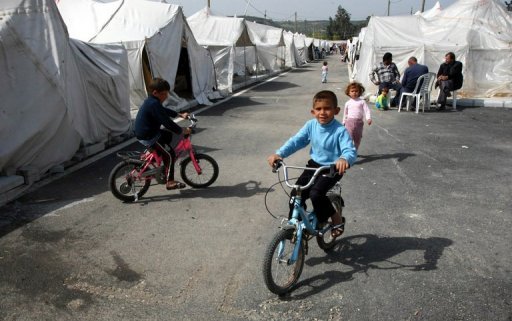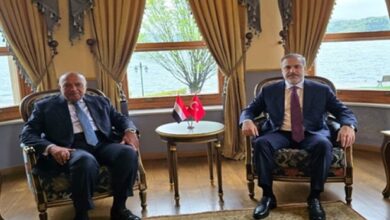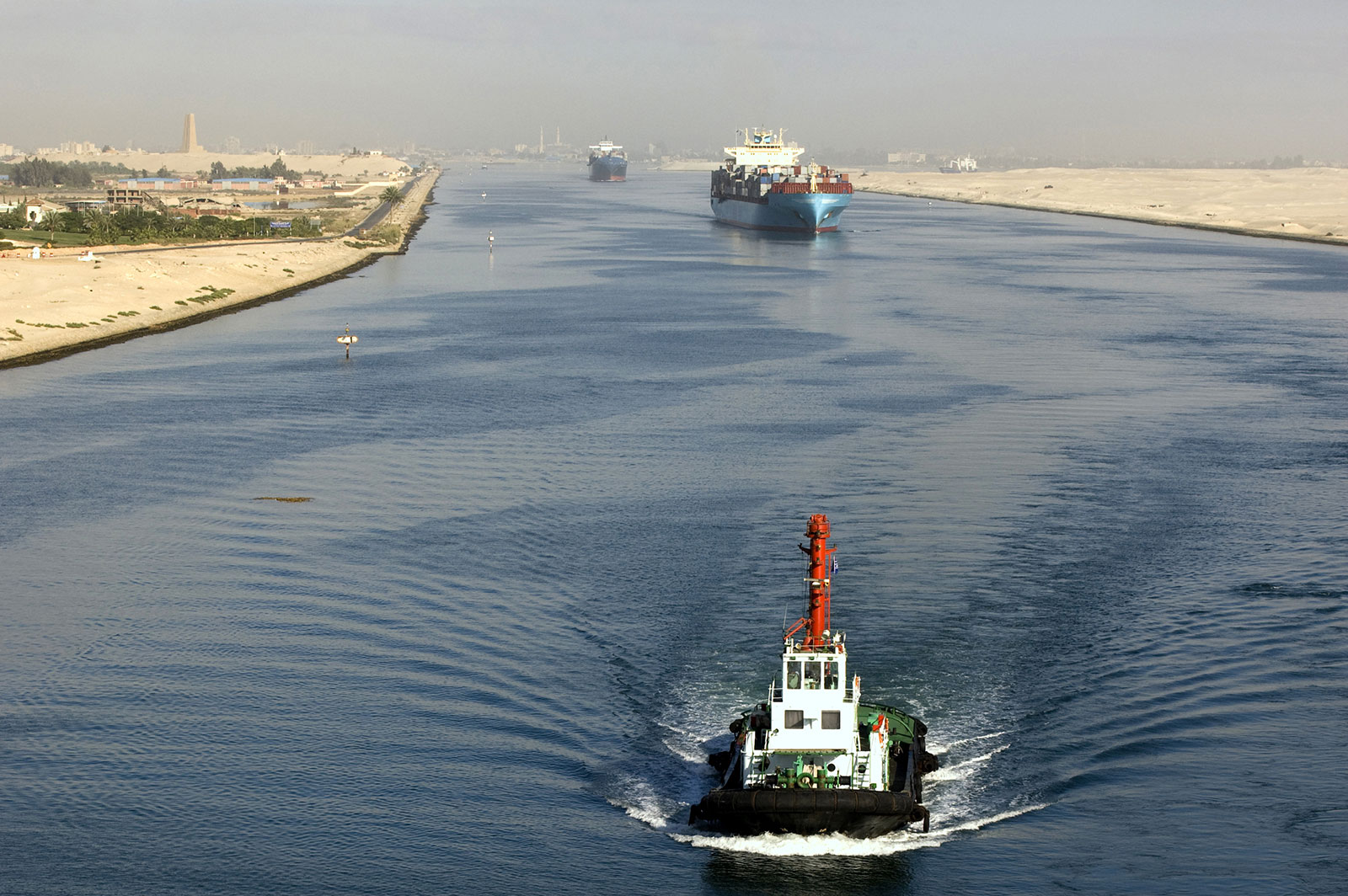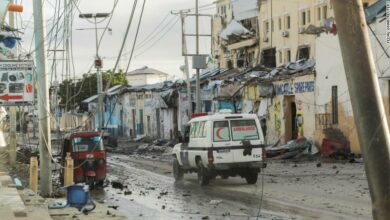
Turkey is grappling with a refugee crisis stemming from the Damascus regime's military offensive against opponents as the country braces for a new influx of people fleeing the violence.
More than 17,000 Syrians have fled across the border into Turkey to escape President Bashar al-Assad's brutal crackdown on anti-government protests since the uprising erupted in mid-March last year.
The traumatised refugees are welcomed in camps described by local officials as "social life centres," which unlike those in Afghanistan and Somalia are aimed at boosting morale.
Menal, 33, who fled to Turkey in June 2011, went into shock after hearing that her house had been bombed and her relatives were killed by Syrian troops.
"I was taken to hospital every day and received intravenous drips," she said as she did embroidery work at a handicraft course in Yayladagi camp in Hatay province, only five kilometres (three miles) from Syria's northwestern border.
"I feel some sense of consolation here."
Turkish camps provide humanitarian aid including three meals a day, health services, clean water, and prayer rooms.
Gendarmes are deployed at the camps in charge of security, but refugees are allowed to go outside to do shopping and visit their relatives in nearby Turkish towns.
The camps also offer schooling for children with Arabic-speaking teachers giving lessons in maths, Turkish, computer science and Koranic studies. The sick and injured are treated at hospitals and women join handicraft courses.
While it says it is ready to extend any help for Syrians, Turkey also fears the number of arrivals could soar to the level of the half-million Iraqi Kurds who poured across the border to escape Saddam Hussein's repression during the 1991 Gulf War.
Turkish officials have contingency plans in the event of a larger-scale incursion as regime forces storm opposition towns near the Turkish border.
Currently, the government has set up nine locations including eight tented camps and a "container city" in Kilis, some 150 kilometres (95 miles) east of the Hatay camps, to deal with the influx.
Inhabitants of some camps in Hatay province have already been transferred to Kilis, where the prefabricated homes will initially receive 10,000 people.
East of Kiflis in Sanliurfa province, near the halfway point of Turkey's 910-kilometre (560-mile) border with Syria, another massive camp is under construction that can house up to 20,000 people.
While the mass influx is bound to have lasting consequences, Turkey is clear it does not want to see the Syrians as permanent residents and refuses to call them refugees.
"We call them Syrians under temporary protection, not refugees," Suphi Atan, head of the foreign ministry's task force in Hatay province, told AFP.
"They are deprived of the right to apply for refugee status. We expect them to voluntarily return to their country once the situation is secure," he said. "But we cannot compel any Syrians to go back."
Initially, the government had described them as "guests" to emphasise the temporary nature of their asylum in Turkey but later dropped the term because "there is no guest status in international law," Atan said.
Some of the Syrians have already applied for asylum in Turkey, Metin Corabatir, spokesman for the UN High Commissioner for Refugees (UNHCR) Turkey Office, confirmed.
But his office, in close coordination with Ankara, had to turn down the asylum requests because the temporary protection status is applicable in international law, he told AFP.
The concept developed in the 1990s when European Union countries maintained an open-door policy for thousands of refugees who poured in from Bosnia during the 1992-95 war during the breakup of Yugoslavia.
Syrian President Bashar al-Assad's year-long crackdown on anti-regime protestors has left more than 9,000 people dead according to the United Nations.




